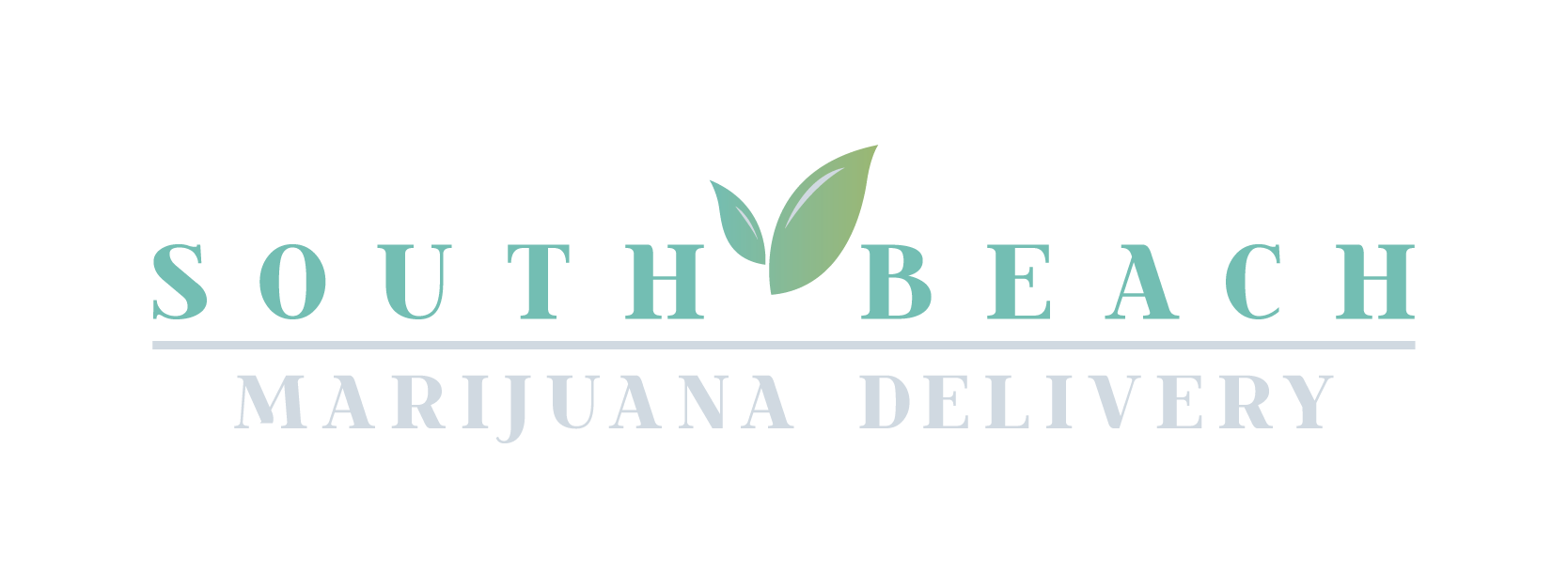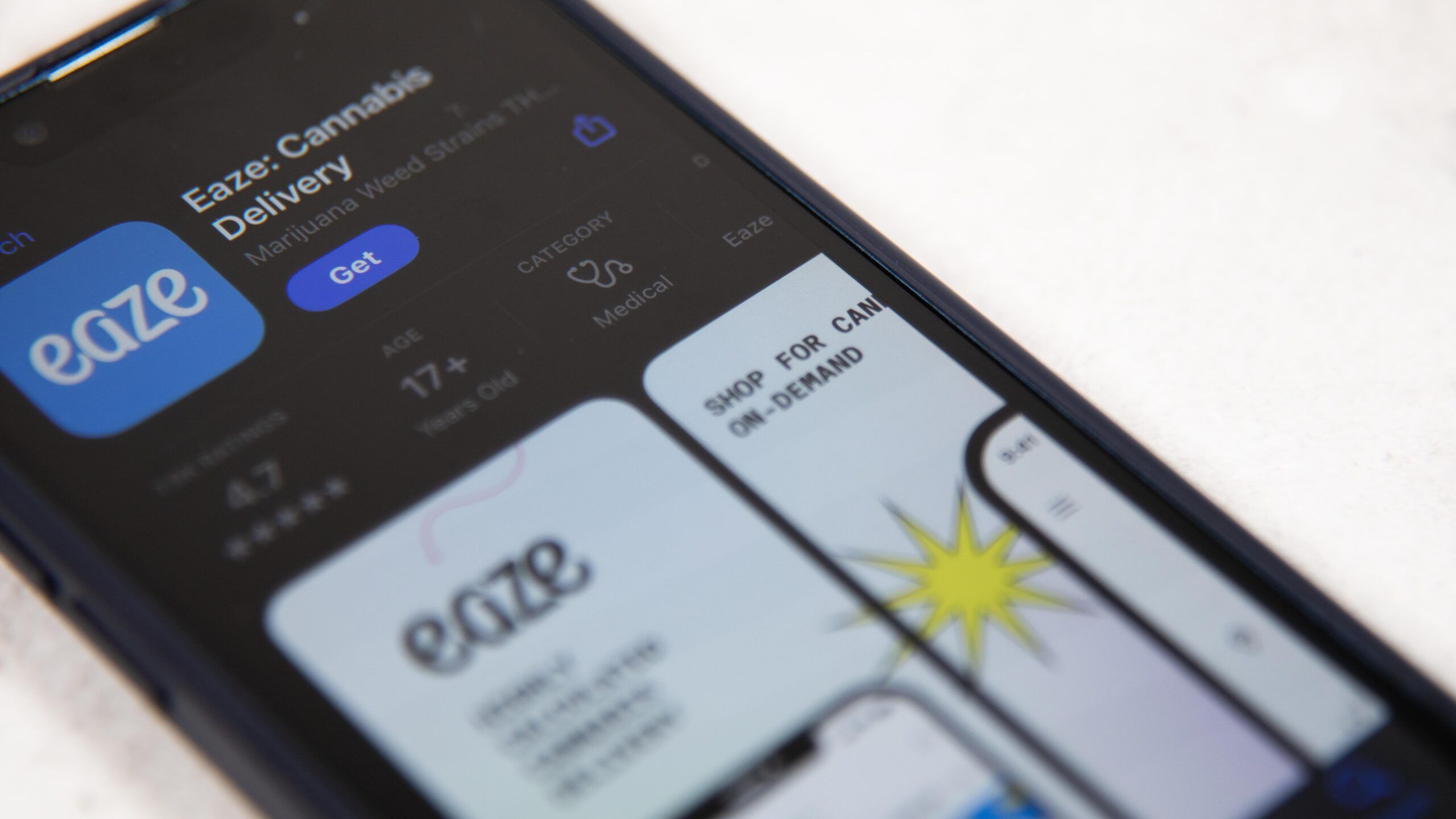The cannabis industry in North America is booming, but the delivery services for cannabis, especially medicinal cannabis, differ significantly between the United States and Canada. While both countries have legalized cannabis at various levels, the laws governing the delivery of medicinal and recreational cannabis vary from region to region, creating a complex landscape for patients and consumers.
United States: A Patchwork of Cannabis Delivery Laws
In the U.S., cannabis is still illegal under federal law, which complicates how states manage their own legalization policies. Many states have legalized cannabis either medicinally, recreationally, or both, but each state’s regulations surrounding delivery are different.
States with Legal Medicinal Cannabis Delivery
Several states, including California, Nevada, and Florida, allow for the legal delivery of medicinal cannabis. Each state, however, imposes its own set of rules for these services:
- California: California leads the way in cannabis delivery services. It is legal to deliver both recreational and medicinal cannabis across the state, even in cities or municipalities that have banned storefront dispensaries. This statewide access is beneficial for patients with limited mobility or those who live in rural areas.
- Nevada: Nevada also allows the delivery of medicinal cannabis. Registered patients can order cannabis from licensed dispensaries that offer delivery services. However, the delivery must comply with stringent guidelines regarding secure transportation and verification of the recipient’s identity.
- Florida: In Florida, only medicinal cannabis is legal, but patients can have their cannabis delivered. Patients must be registered with the state’s Medical Marijuana Use Registry and can order from licensed dispensaries that provide delivery options.
States with No Legal Delivery Services
In contrast, states like Texas and Alabama, where medicinal cannabis laws exist but are more restrictive, do not allow for cannabis deliveries. In these states, patients must visit a licensed dispensary in person to obtain their medicine.
Challenges and Restrictions
Even in states where delivery is legal, there are challenges. For example, most states require cannabis deliveries to be made by a licensed dispensary within the state. Cannabis cannot be shipped across state lines due to federal laws. This limitation creates logistical challenges, especially for patients living far from dispensaries or in areas with fewer cannabis businesses.
Canada: A Nationwide Approach
Unlike the U.S., cannabis is legal nationwide in Canada. The Cannabis Act, which was passed in 2018, allows for both recreational and medicinal cannabis use across the country. However, each province and territory has the authority to regulate the sale and delivery of cannabis within its borders.
Medicinal Cannabis Delivery in Canada
In Canada, medicinal cannabis deliveries are legal, and patients have a relatively straightforward process to access their medicine. Health Canada regulates the delivery of medicinal cannabis, which means that patients can order from licensed producers online and have their cannabis shipped directly to their homes.
- Ontario: In Ontario, the Ontario Cannabis Store (OCS) offers both recreational and medicinal cannabis deliveries through an online platform. Private dispensaries that are licensed by the Alcohol and Gaming Commission of Ontario (AGCO) are also permitted to offer delivery services.
- British Columbia: British Columbia allows medicinal cannabis deliveries through licensed dispensaries and mail-order services. Patients can order directly from licensed producers or through a provincial online store.
Comparisons to U.S. Delivery Systems
While cannabis delivery services are legal throughout Canada, the system is far more fragmented in the United States. The major advantage Canada has is the ability to ship medicinal cannabis anywhere in the country. This contrasts with the U.S., where state and federal laws complicate interstate cannabis commerce.
Legal and Logistical Differences
The key difference between cannabis delivery in the U.S. and Canada is the consistency of the laws. In the U.S., state-by-state legalization creates a patchwork of regulations. Even in states with legal cannabis, cities and counties can further restrict delivery services, creating confusion for both consumers and businesses. The federal prohibition on cannabis further complicates interstate delivery and commerce.
In Canada, the Cannabis Act sets a national standard, allowing for easier access to delivery services across provinces and territories. While individual provinces can establish their own rules, the overarching legality of cannabis in Canada creates a more streamlined system for both recreational and medicinal deliveries.
In Comparison
Cannabis delivery services are growing in both the U.S. and Canada, but the differences between the two countries are stark. In the U.S., varying state laws and the federal prohibition make cannabis delivery more complex and geographically restricted. In contrast, Canada’s national legalization of cannabis allows for a more unified delivery system, especially for medicinal cannabis patients. As cannabis laws continue to evolve, especially in the U.S., delivery services are likely to expand, but the path forward remains fragmented compared to Canada’s nationwide approach.
Sources:
- Cannabis Delivery in the U.S.: California Bureau of Cannabis Control, Nevada Cannabis Compliance Board, Florida Department of Health.
- Cannabis Delivery in Canada: Health Canada, Ontario Cannabis Store, British Columbia Liquor and Cannabis Regulation Branch.

